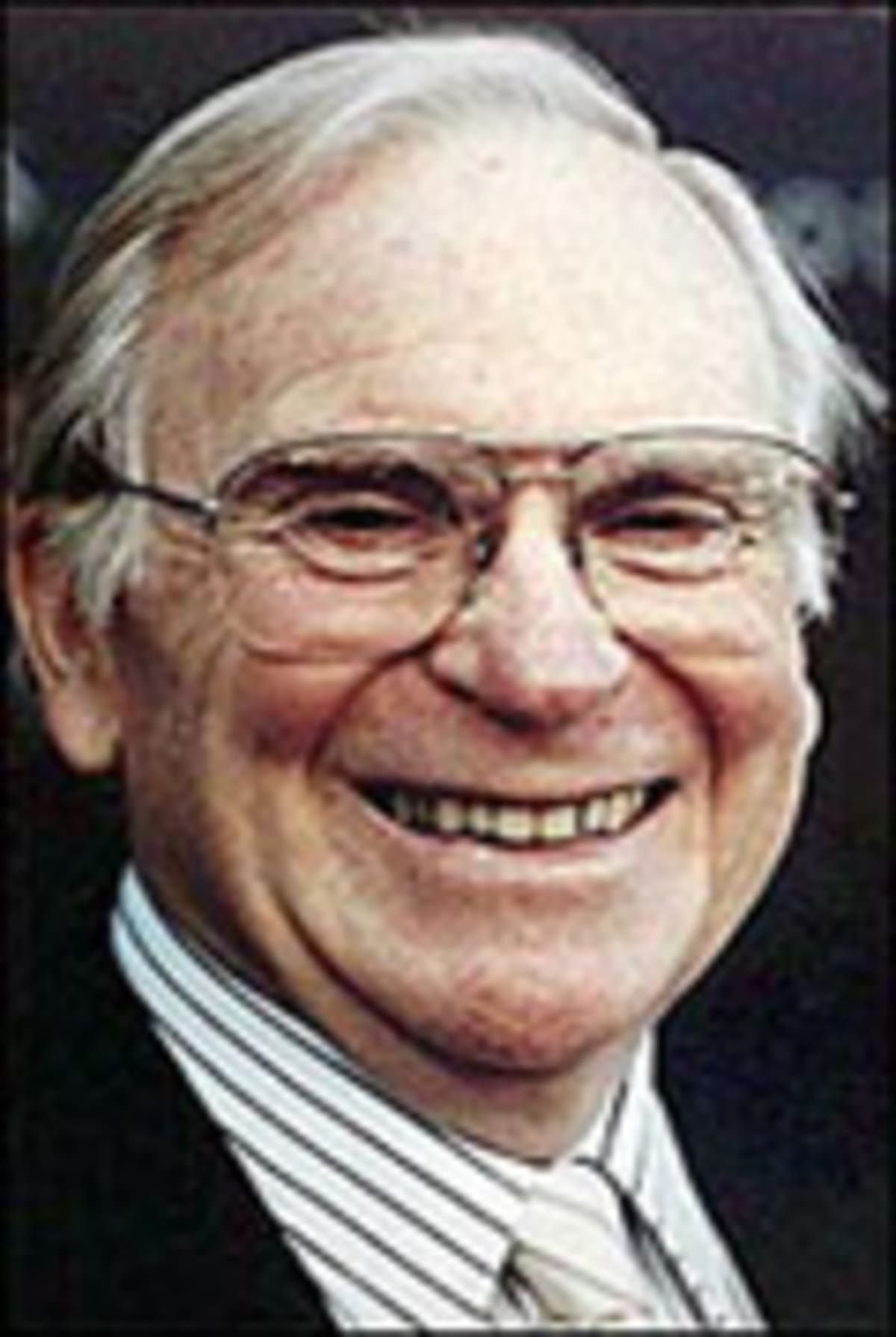INTERMITTENT WIPER LAWSUIT INTERRUPTED
This article is from our archives and has not been updated and integrated with our "new" site yet... Even so, it's still awesome - so keep reading!
Published on Thu, Sep 22, 2005
By: The LACar Editorial Staff
INVENTOR'S INTERMITTENT CRUSADE COMES TO AN END

Intermittent windshield wiper inventor Robert Kearns' battle with the automakers is finally over. Since 1978, Kearns has been in court against various car companies for patent infringement over his invention. Early this year, however, Kearns died in a Maryland nursing home of brain cancer complicated by Alzheimer's disease, reports Matt Schudel of the Washington Post. Kerns was 77 years old. "All he wanted was the chance to run a factory with his six children and build his wiper motors, along with a later invention for a windshield wiper that was activated automatically by rainfall," says Schudel. "In the end, his courtroom battles cost him his job, his marriage and, at times, his mental health." He got his idea on his wedding night in 1953, when a champagne cork struck him in the left eye, reports Schudel. The blinking of his eye led him to wonder if he could make windshield wipers that worked the same way - i.e., that would move at intervals instead of in a constant back-and-forth motion. His former wife, Phyllis Hall, told the Post, "If it ever rained, I had to drop everything and go out with him in the car." After Kearns believed his invention was ready, he mounted his new invention on his 1962 Ford Galaxie and drove to Ford's headquarters. "Engineers swarmed over his car, at one point sending him out of the workroom, convinced he was activating the wipers with a button in his pocket," says Schudel. Although Ford initially had great interest in Kearns' invention, they eventually stopped answering his calls and Kearns was left on his own. According to the Associated Press, Kearns received numerous patents for his intermittent wipers in 1967. Two years later, Ford became the first U.S. manufacturer to have intermittent wiper systems available on their products. A few years later, other carmakers followed suit. After 12 years of litigation, Ford finally offered to pay Kearns millions of dollars to settle the case, reports the Post. His attorney at the time, William Durkee of Houston, told the Post that Kearns could have received at least $50 million from Ford and comparable amounts from other carmakers. Kearns refused the offer. "He wanted to be a manufacturer and supply that system to the automotive industry," said Richard L. Aitken, a Washington patent lawyer who had worked with Kearns since the 1960s. "That was the most important thing to him," Aitken said to the Post. AP reports that Kearns eventually got federal courts to award him approximately $30 million from Ford and Chrysler combined. Having gone through five law firms, ultimately tried to manage his multiple lawsuits on his own, reports Schudel of the Post. "When he missed deadlines for filing papers in his cases against General Motors Corp. and German and Japanese auto companies, U.S. District Judge Avern Cohn, who presided over all of Kearns's trials in Detroit, dismissed the remaining cases." Kearns' patents expired, having passed the 17-year window of ownership then in effect. "He bought a house on the Wye River, near Queenstown on the Eastern Shore, and entered an uneasy retirement. In his final years, he drove around in two aging vehicles: a 1978 Ford pickup and a 1965 Chrysler, says the Post. "Neither had intermittent wiper." This piece comes courtesy of our LA Car Blog.




